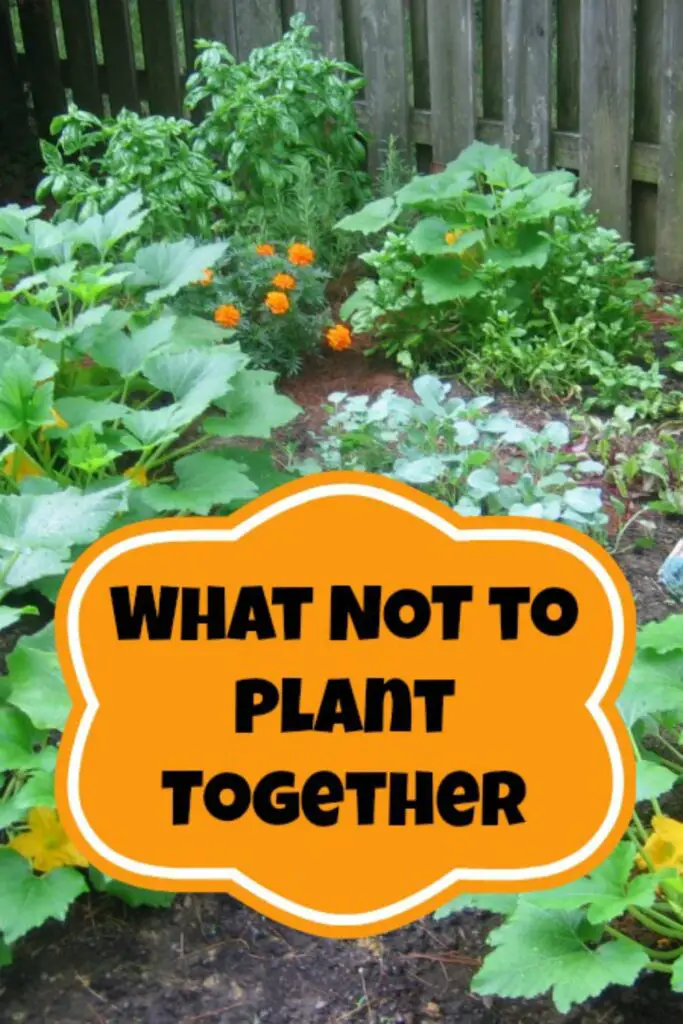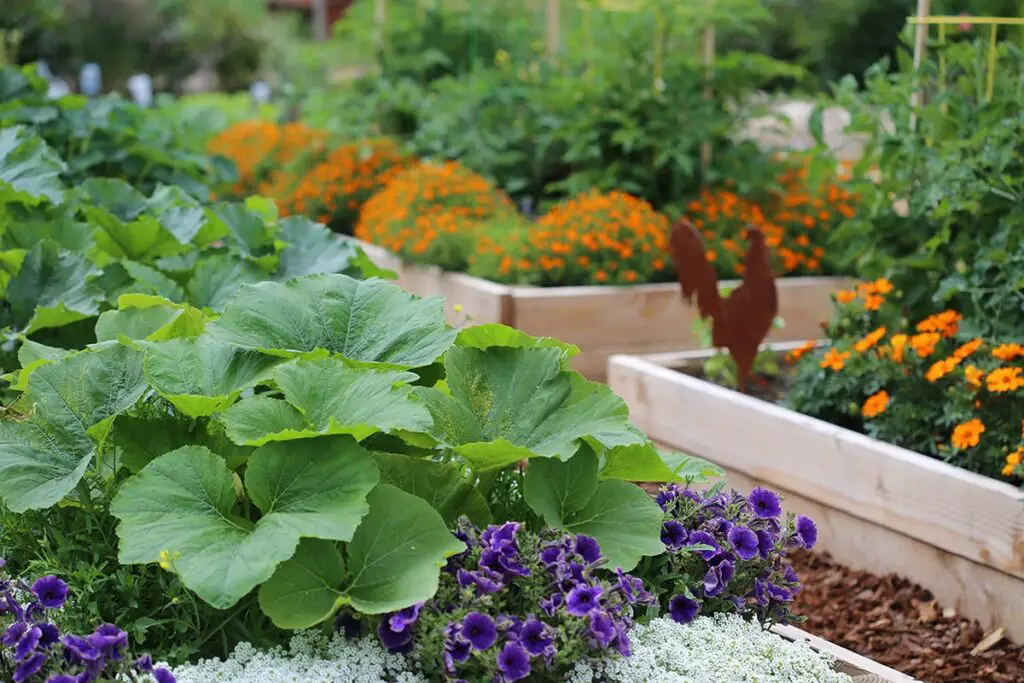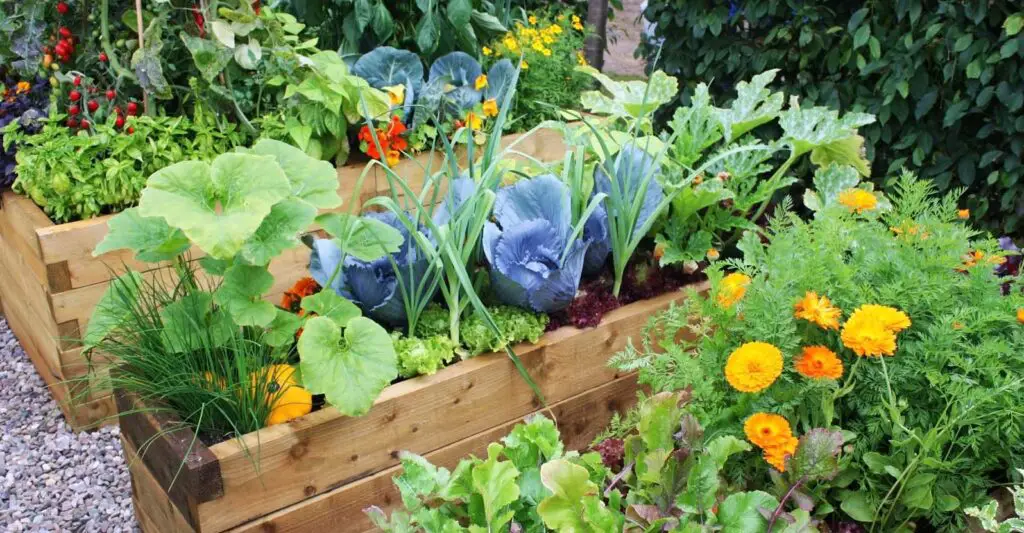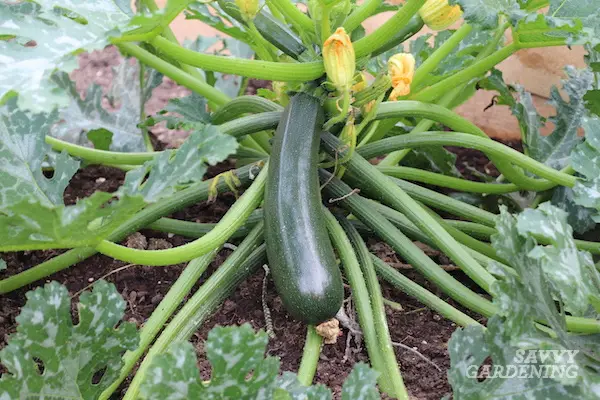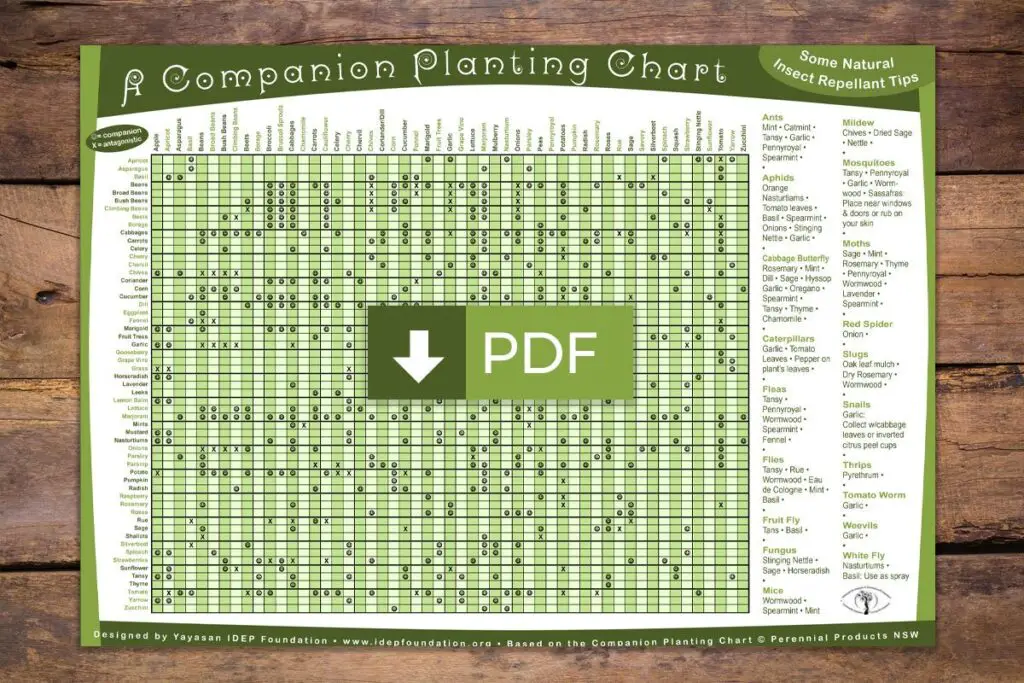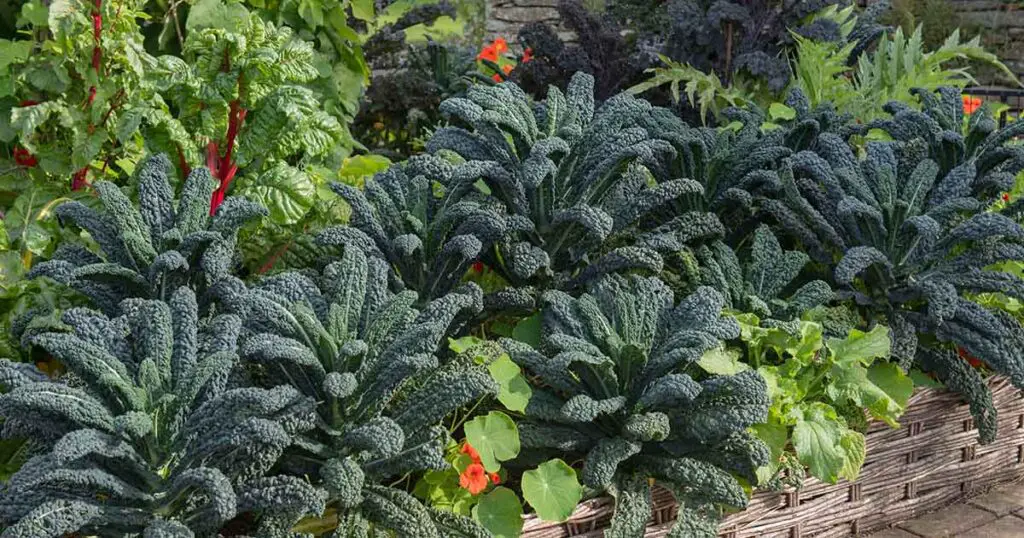Gardening What Not to Plant Together
When planning a garden, it is important to know which plants should not be planted together. Certain plants have different needs and can become overcrowded when grown too close together; this can result in disease, stunted growth and even death of the plant. For example, tomatoes and potatoes grow best when planted separately as they ...
